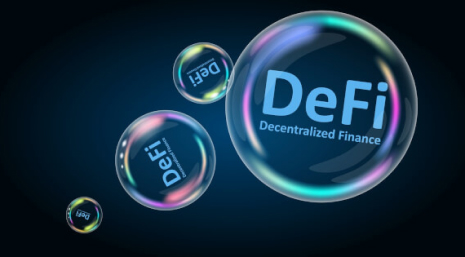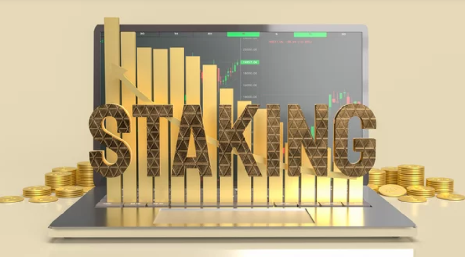share
The topics of decentralized finance, various kinds of crypto assets, and the development of new technologies have long been on everyone’s lips. However, it turns out that many people don’t understand DeFi staking. We provide a comprehensive overview of how DeFi staking operates, highlighting its role in supporting decentralized network security and functionality.
What Does DeFi Staking Mean?
Initially, lending and borrowing platforms paved the way for DeFi staking platform development. They gave the first use cases of decentralized finance and popularized the crypto space. To deal with this relatively new financial concept qualitatively, we need to divide the term into its main components.
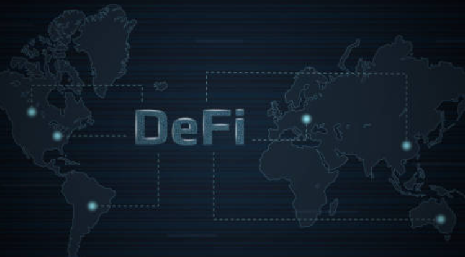
What Is DeFi?
First, we need to figure out what the Decentralized Finance (DeFi) sector is. A DeFi system consists of specialized applications (DApps) and financial services like DeFi platforms based on blockchain. A blockchain is a sequential chain of blocks that contain information.
The core idea of DeFi was to develop an independent and transparent financial ecosystem that is not influenced by any regulators or the human factor. Put in simple terms, because of DeFi, finance becomes available to the public: Many existing blockchain-based platforms let users conduct transactions with each other without any intermediaries like banks.
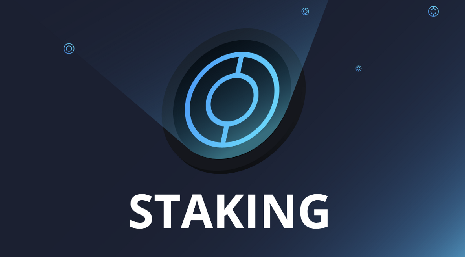
What Is Staking?
By staking, we mean getting passive earnings by simply storing crypto assets. Here the Proof-of-Stake (PoS) algorithm is used. It works as proof of ownership and is one of the most reliable methods of protecting the blockchain from interference. Staking is regarded as a process of transaction authorization.
All you need to do is to stake crypto holdings and receive high returns, which tend to be a whole lot safer and easier than, for instance, trading.
DeFi Staking: What Is It?
Now that you’re familiar with the terms, we’ll move on to the DeFi staking definition. It provides an opportunity to stake cryptocurrency assets and DeFi tokens through smart contracts. Users lock cryptocurrency in a wallet for staking, and they’ll receive a certain reward in return. Rewards differ from coin to coin; it depends on how valuable your action is for the liquidity mechanisms of DeFi staking platforms.
DeFi staking is more accessible than traditional investing and staking opportunities since it is easier to use. What’s more, it generates enticing passive revenue even from a small initial investment.
The Mechanics of DeFi Staking
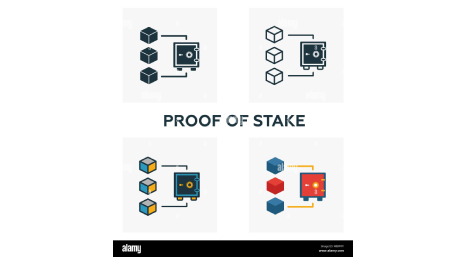
Any proof-of-stake (PoS) blockchain network or DeFi staking platform relies on validators, who are eligible to receive staking rewards because they create and validate blocks. DeFi staking helps third parties like organizations, as well as individual users. They could be credited using a lending protocol or a staking pool.
The DeFi staking system is designed to accurately and competently monitor the execution of transactions. As it was mentioned, staking involves locking a set amount of crypto assets to become a validator. Here is applied the following principle: the larger the amount the user stores, the more blocks the system will be able to generate.
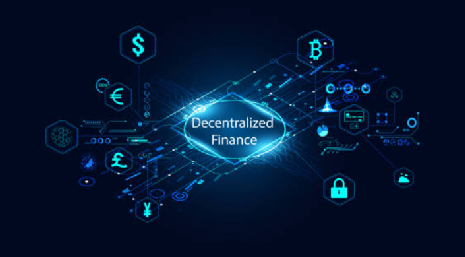
What Are the Types of DeFi Staking?
Thanks to DeFi development, liquidity investors can easily earn interest on their staked assets. Since they are investing money that has been blocked for a while, it would be enjoyable for them to watch it grow.
The system will thank them for their participation with a percentage of the deposit. To stake your assets most profitably, there are several DeFi solutions.
Staking
As already mentioned, staking is the blocking of a certain amount of assets using the proof-of-stake algorithm. Here, the system relies on validators. After the end of the staking period, the user receives a reward from the system, which can be regarded as passive earnings.

Yield Farming
DeFi services offer the opportunity to engage in yield farming. In this case, it increases both the risks and the profitability. The expected profitability in such pairs, stated by the DeFi staking platform, often exceeds 100% per year. Only half of the deposit will be nominated in stablecoins — and the other half is nominated in a highly volatile cryptocurrency.
Liquidity Mining
Liquidity mining is a type of yield farming that includes the use of liquidity pools. These pools are crucial because they enable the DeFi sector to work according to its basic concept — trading without any intermediaries.
Your deposit is divided between the assets in the trading pair, and you’ll get returns from both of them.

What Is a Liquidity Pool?
While staking, a user can lock the coins or tokens in a liquidity pool, which is a set of cryptocurrencies locked in a smart contract. Liquidity pools provide support for DeFi staking platforms since they ensure a reserve of funds for decentralized trading, lending, and other functions.
One more key element is the liquidity providers since they make the assets at the liquidity pool available. This mechanism is used for Cardano, Tezos, Solana, Algorand, and other cryptocurrencies.
A typical liquidity pool consists of two assets (usually, token & token or token & stable coin), which build a particular trading pair. The pool dynamically adjusts asset prices, taking into account any changes in their values. Unlike centralized staking platforms with limited orders, there is no need to place an order in liquidity pools and wait for its execution.
Is DeFi Staking Profitable?
An important advantage of staking is that it is a full-fledged replacement for mining. Users can earn money on cryptocurrency without using specialized equipment. There are guaranteed payments: one example is Binance BNB staking. The user is protected from fraud not only by smart contracts but also by the authority of the platform itself.
Decentralized finance staking is easy to use since you don’t need to manage private keys, control the trades, or perform other complex actions to participate in it. The DeFi staking concept allows users to receive rewards without worrying about transactions to their decentralized finance wallets or transaction fees.
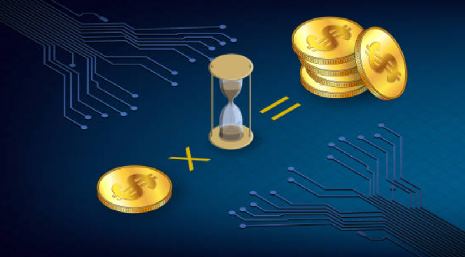
Each DeFi staking platform has its own reward rates. Depending on the asset staked, it may vary from 10-13% up to 100-200%. Such a significant difference arises based on whether the token or coin needs an increase in liquidity.
Thus, staking a BTC/USD pair will be less profitable than a pair of two coins with lower capitalization. Users can choose the most suitable pair from the list on the DeFi platform and earn passive income.
Is DeFi Staking Safe?
DeFi staking has significant advantages over traditional investing. In the blockchain network of a decentralized exchange (DEX), also known as an automated market maker, each block is verified by a Proof-of-stake, so it is believed to be reliable.
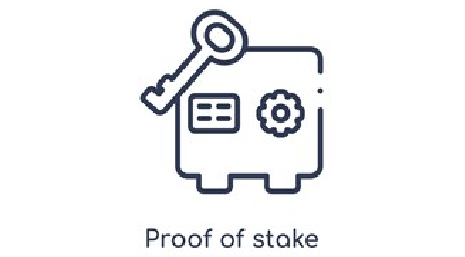
Decentralized exchanges choose only the best DeFi projects, overview the list of supported assets, and monitor the whole DeFi ecosystem in real-time to reduce the risks. Well-thought-out algorithms ensure the protection of the users’ funds while their investments generate passive income.
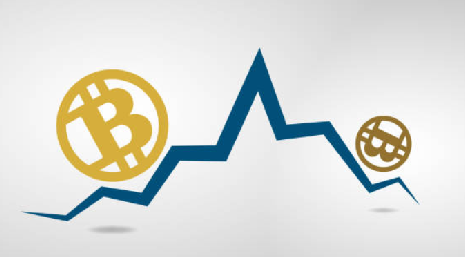
How Can DeFi Staking Be Risky?
With this type of earnings, the main risk is a possible drop in the price of a crypto asset. The price could plummet at any moment, causing monetary losses. That is why it is essential to choose digital assets with a low level of volatility.
The best option is an asset that demonstrates stable growth. It can also take a few days to unstake your crypto and rewards, meaning you can’t sell it right away.
Failures and hacking of smart contracts are other common risks. If a critical error occurs in any of the DeFi protocols, there is a risk of a system-wide vulnerability. That is why the development company tries to detect and fix any bugs in the development process to make their decentralized finance platform safe and trustworthy.
There’s also the risk of losing your account for an online service or cryptocurrency exchange. Therefore, all passwords and private keys must be stored extremely securely. You are personally responsible for finding a viable solution for remembering or storing your account login data.

What Are DeFi Staking Platforms?
A DeFi staking platform is a well-designed tool, most often based on a decentralized exchange, that provides the possibility of token staking. Binance’s DeFi staking platform is one of the most popular. DeFi staking platform development is skyrocketing, as the whole DeFi sector acquires billions of dollars annually.
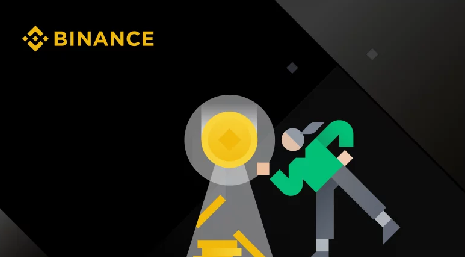
Staked assets provide a DeFi platform with a chance to function correctly and have a procedure for authorizing transactions. Therefore, it is beneficial for the DeFi staking platform to create a user-friendly interface that attracts more users. Staking allows platforms not only to work smoothly but also to create profits through fast and reliable transactions — so it is crucial for DeFi protocol and crypto service providers.

DeFi Staking Platform Development
Even with a user-friendly interface, DeFi protocols are hard to understand on your own. More complex issues, such as DeFi lending and borrowing or DApp development services, are even harder. The DeFi staking platform development includes the creation of smart contracts, deep knowledge of specific programming languages, and an understanding of the crypto sector.
Experienced specialists from ICODA provide clients with an opportunity to create their own DeFi staking platform. They help to improve your DeFi staking model process depending on which staking model you choose and what kind of services you would like to provide.

Takeaway
Staking tokens means holding tokens locked in the smart contract. A proof-of-stake algorithm ensures safety during staking. The probability of a participant forming another block in the blockchain is proportional to the share of the deposit.
The growing sector now has a great need to develop new platforms, so creating your own platform for staking will be a great business idea. Such participation in the DeFi development is beneficial both to the platform and to the users who receive the rewards.
In comparison to traditional savings account returns, achieving rewards from DeFi staking is a far more appealing option. Users typically have a vested interest in earning passively. For this reason, DeFi platforms provide users with an opportunity to earn by locking crypto assets. Types of DeFi staking include staking itself, yield farming, and liquidity mining.
